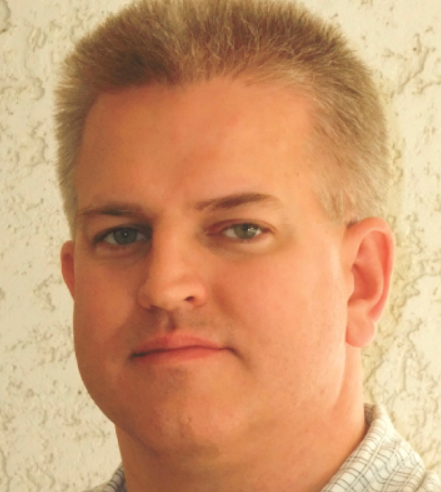SEALARK Exploration sent a team into the Solomon Islands in July with multiple objectives. Over the past eight weeks, this column has taken you into the jungles and villages of many of those islands, allowing a rare glimpse into a part of the world many will never visit. As work proceeds on interpreting the data mined during that expedition, we pause to reflect on what we learned.
The Place: The Solomon Islands are breathtaking and one of the most natural places in the Pacific. With a relatively small population concentrated in one large city and hundreds of small villages, much of the country remains beyond the reach of human interference. Yet, it bears the unflattering distinction of being one of the poorest countries on Earth. But that is merely a financial measure. Historians, botanists, ornithologists, or marine biologists would not label it poor. The islands are stunningly beautiful and full of lush, rich life. The climate, although warm and humid by human standards, provides ideal breeding grounds for the infinite variety of species found there. The team was never without the melodious accompaniment of songbirds and other wildlife. Even during the frequent rainstorms, birds called out to announce their defiant mastery. And oh, the fishing!
Under the water, a diver could spend the rest of his life in one of the hundreds of lagoons and not fully ingest it. I never failed to see dozens of new aquatic species on every dive. The coral reefs were healthy and thriving, the fish energetic and curious. Accurate maps of the landmasses are scarce while navigation charts are virtually nonexistent. To borrow from a cliché, we probably know more about the surface of the moon than we do about the reefs of the Solomons, which is probably for the best, since everything humans touch, we seem to damage or destroy.
The People: On the whole, most of the people we met during the expedition were warm and ready to assist. Solomon Islanders have a genuinely happy disposition, something akin to the Jamaicans on the other side of the world. Everything will be alright, no worries. This laid-back approach serves them well in a country suffering from many problems, most of them manmade.
I want to thank Joy Isihanua, Alec and Naphta for providing immeasurable assistance. A special shout out goes to one of our nearly constant companions, Joe Bannerman Haruna, who worked tirelessly not only in getting us around the islands, but he also spoke in our behalf to many village chiefs, an intimidating and potentially troublesome task. I would also like to mention Fred, Dennis, and Benjamin at the Olatsara Retreat Center on Guadalcanal, a hidden gem. If you are ever in Guadalcanal, look them up at Olatsara. They are a great family running a great business. The Solomons could use more like them.
On the other end of the spectrum, most of the trouble we encountered on the expedition originated from lower-level politicians and village chiefs. As a group, they resist change, modernization, outsiders, anything that might potentially erode their power and prestige. Some chiefs blocked us just because they could. Some were so concerned with maintaining their hold on the villages that they kept all outsiders away. In some places, we were the first white people they had ever seen. A village that backward cannot hope to survive in the modern world. The chiefs do their people a great disservice and villagers would be better off ridding themselves of the nuisance the chiefs have become. Defenders of traditional values? Nonsense. Stubborn roadblocks to progress and improvement is more like it.
The Team: Sealark Exploration (sealarkexploration.org) has put together a talented team of experts who bring passion and commitment to their work. Speaking of the group on this mission, Matt is professional, resourceful, level-headed and pragmatic. He was our voice of reason when needed and our shoulder when we had to push through an obstacle. He oozes leadership.
Ewan redefines the word passion. Having grown up in the streets and jungles of the Solomons, he is a living encyclopedia of the region. He is committed to the cause of Sealark because he, more than the rest of us, has lived it. At nearly every historic site, Ewan shared stories of when he was a youngster, rummaging through this foxhole or that battlefield. He has enormous intellectual ability and voluminous data stored in his ample mind. Together, they make a formidable pair, and I learned as much from them as the mission itself.
Although we did not accomplish all we set out to do, we managed to get a great deal of work done. Even as we process the data, mark the maps, send the thank-you cards, and rebuild our bank accounts, we have been asked to follow up this expedition with another next year. We are a little older and a lot wiser now. Sealark Exploration does good work and does it well.
BC Cook, PhD lived on Saipan and taught history for 20 years. He currently resides on the mainland U.S.

BC Cook











